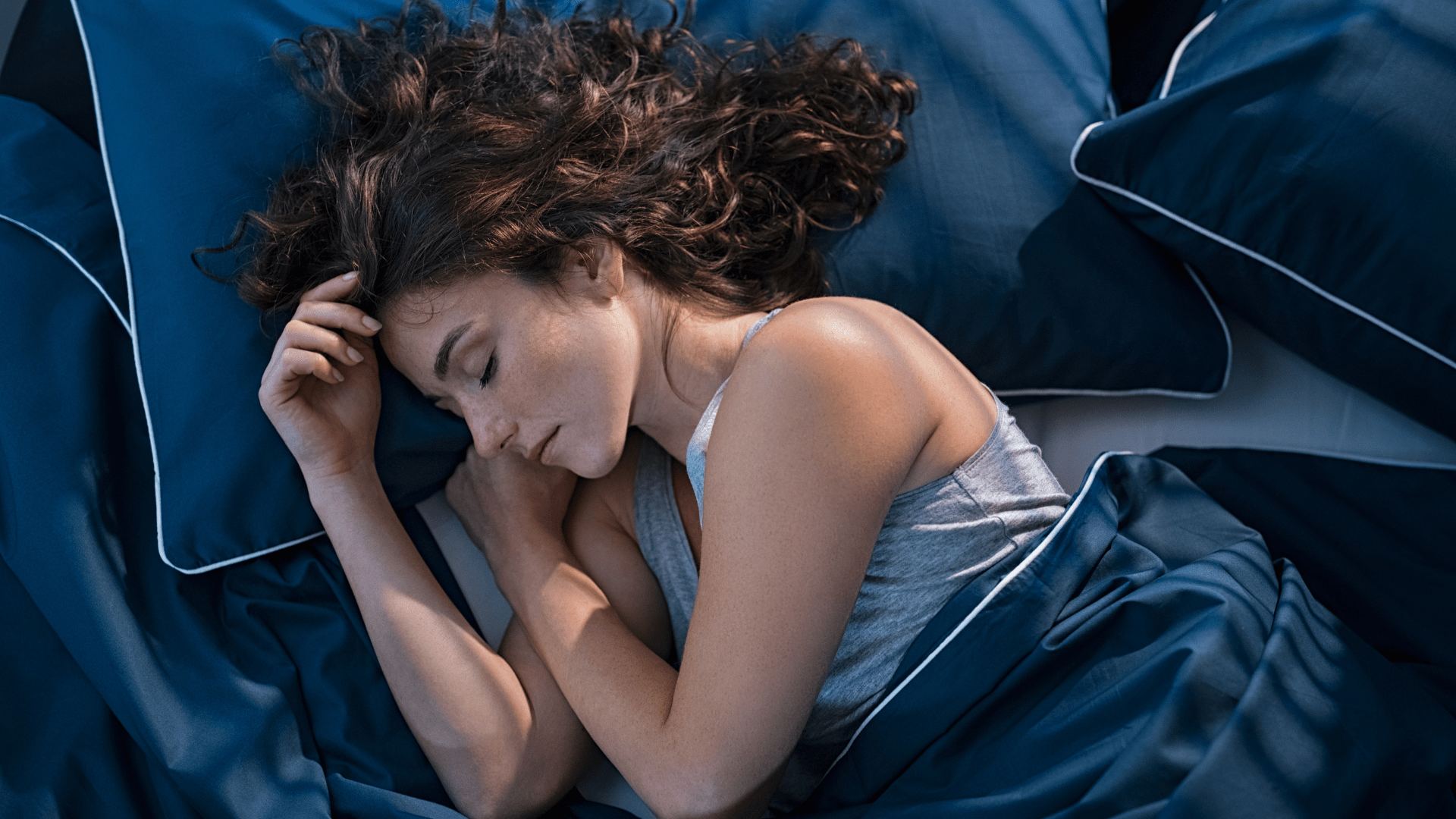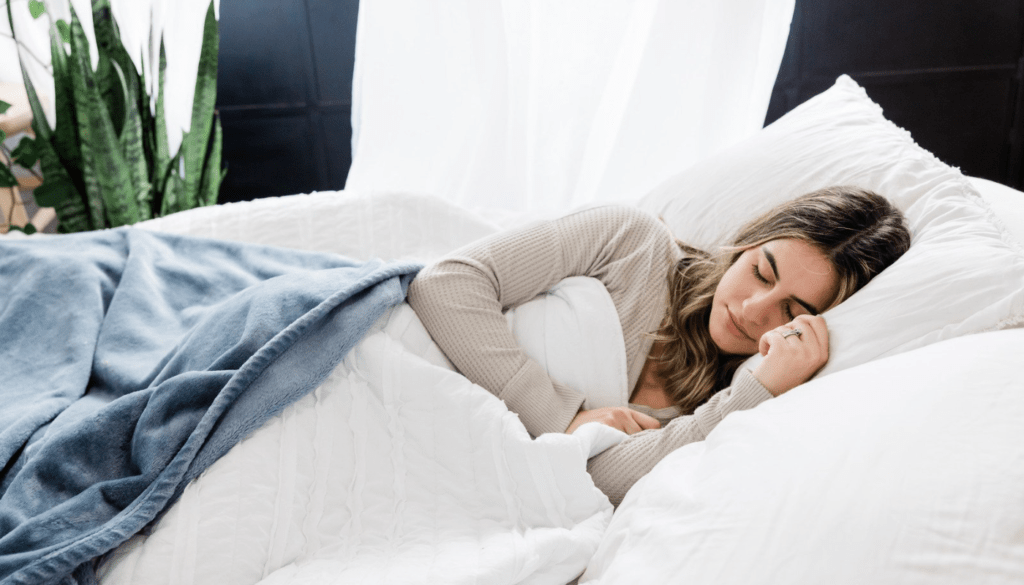
Most people think that having a glass of red wine before bed is a surefire way to fall asleep faster. But is this true? While many believe that wine is a magical sleep aid, the reality is a bit more complex. Sure, wine can help you relax and might make you feel sleepy, but there are also some important things to consider about how alcohol affects sleep.
The Connection Between Wine and Sleep
So, let’s dive into the fascinating relationship between wine and sleep. We’ll explore the science behind why wine might make you sleepy, examining how its compounds can induce drowsiness. We’ll also look at the benefits and downsides of using wine as a sleep aid and offer tips for incorporating wine into your nighttime routine if you choose to do so. Despite its potential to make you feel sleepy, it’s important to understand how wine makes you sleepy and how it can impact your overall sleep quality.
Deep Understanding of the Connection Between Wine and Seep
A clear understanding of whether wine is a good option for helping you sleep, the best ways to use it if you do, and some expert insights to guide your choices. Whether you’re curious about the benefits of beer before bed or wondering, “Can wine help you sleep?” – we’ve got you covered.
Understanding the Science
Wine contains compounds like melatonin and polyphenols, which can promote relaxation and sleepiness. However, does wine help you sleep effectively? While these compounds might initially make you feel drowsy, the alcohol in wine can disrupt sleep cycles, leading to poorer sleep quality. Therefore, while wine may offer some relaxation benefits, it can ultimately hinder a restful night’s sleep.
How Wine Affects Your Body
First things first, let’s talk about how wine affects your body. When you drink wine, the alcohol it contains is quickly absorbed into your bloodstream. This can lead to a feeling of relaxation and drowsiness, which is why many people think that wine can help you sleep.
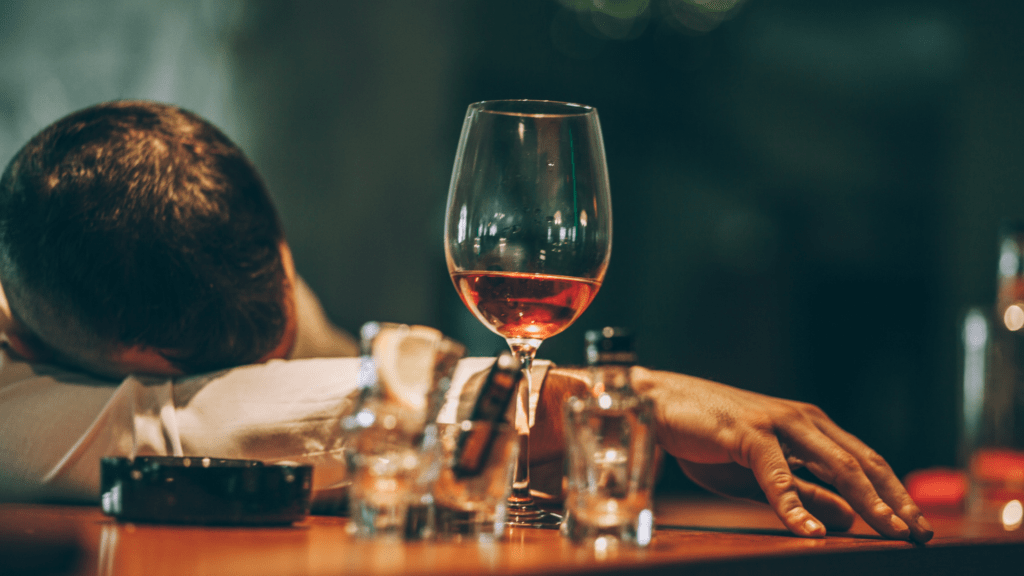
But here’s the thing – while alcohol might help you fall asleep faster, it can also disrupt your sleep cycle. Studies have shown that alcohol can interfere with REM sleep, which is the deep, restorative sleep that our bodies need. So, while you might feel sleepy after a glass of wine, the quality of your sleep might not be as good.
The Role of Alcohol in Sleep Induction
Let’s get a bit more scientific. Alcohol affects a neurotransmitter in the brain called GABA (gamma-aminobutyric acid). GABA is responsible for calming the nervous system, which is why drinking wine can make you feel relaxed and sleepy. This is why many people find that a glass of wine before bed can help them unwind after a long day.
However, there’s a catch. While alcohol initially helps you fall asleep, as your body processes the alcohol, it can cause disruptions later in the night. You might find yourself waking up in the middle of the night or having a restless sleep. This is because alcohol can reduce the time you spend in REM sleep, leading to less restorative sleep overall.
Why Does Alcohol Make You Sleepy?
So, why does alcohol make you sleepy in the first place? As mentioned, alcohol increases the activity of GABA, which slows down brain activity and makes you feel drowsy. This is why a glass of wine can seem like the perfect way to drift off to sleep.
But there’s more to the story. Alcohol also affects other sleep-regulating chemicals in the brain, like adenosine. Adenosine levels increase with alcohol consumption, which makes you feel sleepy. However, once your body starts to metabolize the alcohol, adenosine levels drop, leading to wakefulness and disrupted sleep later on.
The Benefits of Wine for Sleep
A moderate glass of wine before bed can help you unwind and reduce stress, making it easier to fall asleep. Additionally, red wine contains melatonin, a hormone that regulates sleep cycles.
The Relaxation Effect
Contrary to the belief that alcohol always disrupts sleep, a moderate amount of wine can help you unwind. A glass of wine before bed can relax your muscles and mind, making it easier to drift off. This is why many people turn to wine as a natural way to de-stress after a hectic day.
How Wine Helps Reduce Stress and Anxiety
Wine contains compounds like resveratrol and other antioxidants, which can help reduce stress and anxiety. These compounds interact with the brain to promote a sense of calm. This is why drinking wine before bed can create a peaceful pre-sleep routine, helping you to let go of the day’s worries.
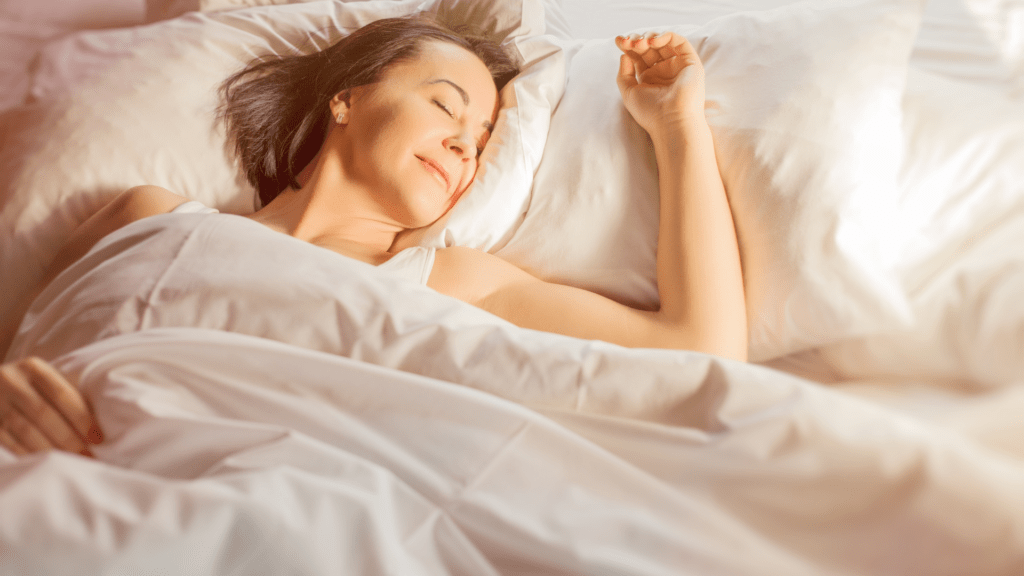
Wine and Sleep Hormones: Melatonin and Serotonin
Interestingly, red wine contains melatonin, the hormone that regulates sleep-wake cycles. By drinking red wine, you might boost your melatonin levels, making it easier to fall asleep. Wine also affects serotonin, another hormone linked to mood and sleep. This combination can make wine a tempting option for those struggling with insomnia.
The Downside of Using Wine for Sleep
While wine can initially make you feel sleepy, its alcohol content can disrupt your sleep cycle, leading to fragmented and lower-quality rest. Over time, relying on wine for sleep can also lead to dependency and increased tolerance.
Understanding Tolerance and Dependence
One major downside of using wine to help you sleep is the risk of developing a tolerance. Over time, you might find that you need more wine to achieve the same relaxing effect. This can lead to dependence, where you rely on alcohol to sleep, which is not a healthy long-term solution.
The Impact of Alcohol on Sleep Quality
While wine can help you fall asleep faster, it can also negatively affect the quality of your sleep. Alcohol disrupts the REM sleep cycle, leading to less restorative sleep. You might wake up feeling groggy or tired, even if you slept for a full eight hours. This is because alcohol interferes with deep sleep stages, which are crucial for physical and mental restoration.
Why Wine Might Not Be the Best Sleep Aid Long-Term
Using wine as a regular sleep aid can lead to several problems. Apart from dependence and disrupted sleep quality, alcohol can also cause dehydration and impact your liver health. Relying on wine to fall asleep can mask underlying sleep issues that might need medical attention. Therefore, while a glass of wine before bed can be a nice way to relax occasionally, it’s not the best long-term strategy for dealing with insomnia.
Tips for Using Wine to Improve Sleep
Choose red wine for its melatonin content, and enjoy it in moderation, ideally one to two hours before bedtime. This timing allows your body to metabolize the alcohol, reducing the risk of sleep disruption.
Choosing the Right Type of Wine
Contrary to the popular belief that any wine will do, the type of wine you choose can make a difference in how well you sleep. Red wine, in particular, is often recommended because it contains melatonin, the sleep-regulating hormone. So, if you’re wondering, “Can red wine help you sleep?” the answer is yes, it might, thanks to its melatonin content.
Optimal Timing to Drink Wine for Sleep Benefits
Timing is everything. Drinking wine too close to bedtime can disrupt your sleep rather than help it. To get the benefits of wine for sleep, aim to have your glass at least one to two hours before bed. This allows your body to process the alcohol and minimize any potential disruptions to your sleep cycle.
Moderation is Key: How Much Wine is Enough?
It’s easy to think that more wine will lead to better sleep, but this isn’t the case. Moderation is key. A single glass of wine (about 5 ounces) is usually enough to help you relax without overdoing it. Drinking too much can lead to dependence and disrupt your sleep quality. So, stick to one glass and enjoy the benefits without the drawbacks.
Alternatives to Wine for Better Sleep
Consider natural sleep aids like herbal teas, such as chamomile or valerian root, which promote relaxation without the drawbacks of alcohol. Establishing a consistent bedtime routine and practicing mindfulness techniques can also enhance sleep quality effectively.
Natural Sleep Aids and Supplements
While wine can help you relax, it’s not the only option for better sleep. Natural sleep aids like melatonin supplements, valerian root, and chamomile tea can be effective alternatives. These options don’t carry the same risks as alcohol and can help regulate your sleep cycle more healthily.
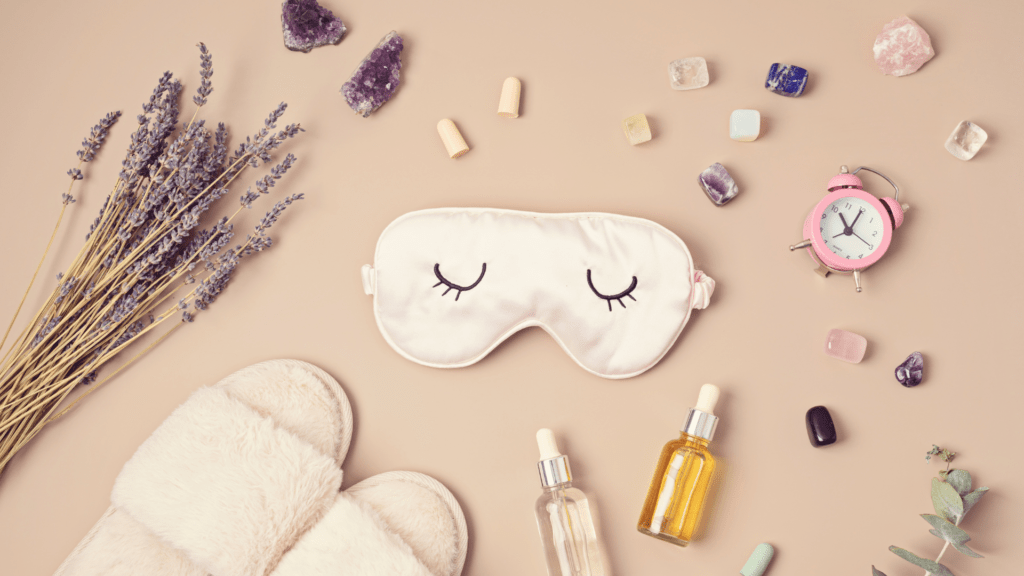
Lifestyle Changes for Improved Sleep
Sometimes, the best way to improve your sleep doesn’t involve wine or any other drink. Simple lifestyle changes can make a big difference. Establish a regular sleep schedule, create a relaxing bedtime routine, and make your bedroom a comfortable sleep environment. Reducing screen time before bed and avoiding caffeine in the evening can also help you sleep better.
Comparing Wine with Other Alcoholic Drinks
You might be wondering, “How does wine compare to other alcoholic drinks for sleep?” While beer and other spirits can also make you feel sleepy, wine is often preferred due to its melatonin content and lower alcohol percentage. However, all alcoholic drinks can disrupt your sleep if consumed in excess. It’s important to choose your drink wisely and understand its effects on your sleep.
Expert Tips for Better Sleep Without Wine
Create a calming pre-sleep routine by incorporating activities like reading, a warm bath, or practicing meditation to signal your body that it’s time to wind down. Meditation relaxes your mind and helps alleviate stress, promoting deeper sleep.
Additionally, ensure your sleep environment is cool, dark, and quiet to promote uninterrupted rest. Consider incorporating sleep-supporting vitamins like magnesium and melatonin into your nightly routine to support your body’s natural sleep cycles and achieve core sleep
Creating a Sleep-Friendly Environment
Many people believe that they need wine to sleep well, but creating a sleep-friendly environment can be just as effective. Start by making your bedroom a haven for rest. Keep the room cool, dark, and quiet. Use blackout curtains to block out any light and consider using a white noise machine to drown out any disturbances.
Establishing a Consistent Sleep Schedule
One of the best ways to improve your sleep is to establish a consistent sleep schedule. Go to bed and wake up simultaneously every day, even on weekends. This helps regulate your body’s internal clock, making it easier to fall asleep and wake up naturally.
Relaxation Techniques Before Bed
Instead of reaching for a glass of wine, try incorporating relaxation techniques into your bedtime routine. Deep breathing exercises, progressive muscle relaxation, and meditation can all help calm your mind and prepare your body for sleep. You might also try reading a book or taking a warm bath to unwind.
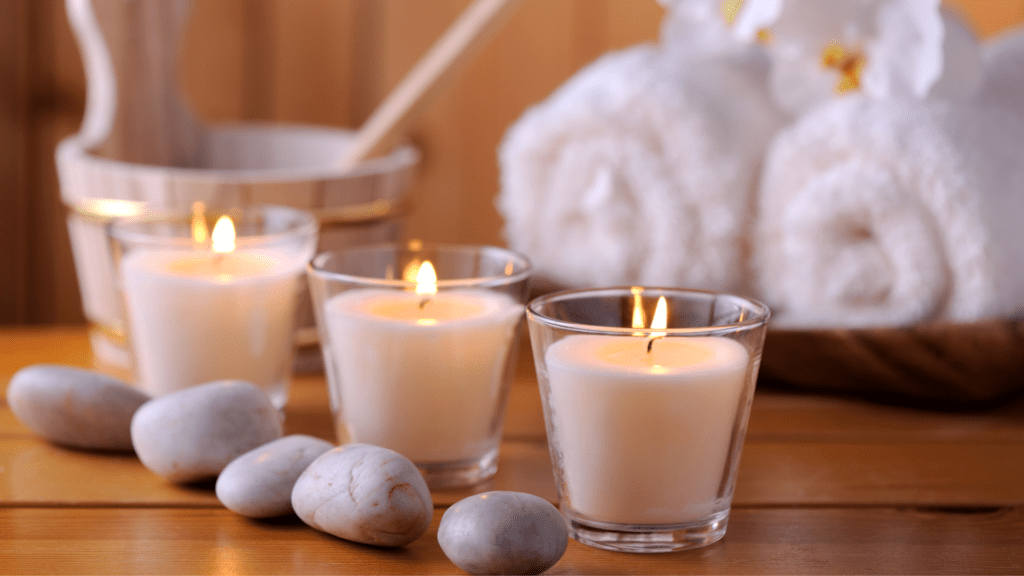
Avoiding Caffeine and Heavy Meals
It’s common to think that wine is the only thing that can help you sleep, but avoiding caffeine and heavy meals before bed can make a big difference. Caffeine can stay in your system for hours, so try to avoid it in the afternoon and evening. Eating a large meal late at night can also disrupt your sleep, so opt for a light snack if you’re hungry before bed.
Conclusion
While wine can offer short-term relaxation and help you fall asleep faster, it’s not a foolproof solution for better sleep. The alcohol in wine can interfere with your sleep cycles, leading to fragmented and lower-quality rest over time. Instead of relying solely on wine, consider combining it with other natural sleep aids and establishing healthy sleep habits.
Creating a consistent bedtime routine, optimizing your sleep environment, and exploring non-alcoholic relaxation techniques can lead to more restful and rejuvenating sleep. By making informed choices and practicing moderation, you can enjoy the occasional glass of wine while still prioritizing your overall sleep health.
Is Wine the Answer to Better Sleep?
While wine can help you unwind and fall asleep faster, its long-term effects on sleep quality can be detrimental. It’s best to use wine in moderation and explore other sleep-enhancing strategies for more consistent and healthier rest.
Weighing the Pros and Cons
So, does wine help you sleep? The answer isn’t straightforward. While wine can make you feel sleepy and help you relax, it also has potential downsides. Alcohol can disrupt your sleep cycle, reduce the quality of your rest, and lead to dependence over time.
Making Informed Choices
Ultimately, the choice is yours. If you enjoy a glass of wine before bed and it helps you relax, it’s okay to indulge occasionally. Just be mindful of the potential drawbacks and try not to rely on it every night. Explore other sleep aids and techniques to find what works best for you.
Final Thoughts
Remember, improving your sleep is about more than just what you drink before bed. By creating a sleep-friendly environment, establishing a consistent routine, and practicing relaxation techniques, you can achieve better sleep naturally. If you do choose to enjoy wine, do so in moderation and be aware of how it affects your sleep quality.
Real-Life Experiences: Does Wine Help with Sleep?
Some people find that a glass of wine helps them relax and fall asleep more easily, while others experience disrupted sleep and nighttime awakenings. Individual responses to wine and its effects on sleep can vary widely.
Testimonials from People Who Drink Wine for Sleep
Many believe that a glass of wine before bed guarantees a good night’s sleep, but real-life experiences tell a different story. Some people swear by their nightly glass of red wine, claiming it helps them unwind and fall asleep faster. For instance, Sarah, a 35-year-old marketing professional, says, “A glass of red wine is my go-to for winding down after a stressful day. It relaxes me and makes it easier to fall asleep.”
Contrasting Views: Negative Experiences
However, not everyone has a positive experience. John, a 40-year-old teacher, finds that while wine makes him sleepy, it disrupts his sleep later in the night. “I fall asleep quickly, but I wake up around 2 AM and can’t get back to sleep,” he explains. This shows that while wine might help some people initially, it can lead to fragmented sleep for others.
Summary of Experiences
Overall, personal experiences with wine and sleep vary widely. While some find it beneficial, others struggle with the downsides. It’s important to remember that individual responses to alcohol can differ significantly, making it a less reliable sleep aid for some.
Final Recommendations for Better Sleep
Focus on establishing a consistent sleep schedule and creating a relaxing bedtime routine. Incorporate natural sleep aids like herbal teas or relaxation techniques, and use wine in moderation if it helps you unwind. Prioritize a conducive sleep environment and mindful sleep habits for optimal restorative sleep.
Combining Techniques for Optimal Sleep
Wine isn’t a one-size-fits-all sleep solution. For the best results, combine various techniques to enhance your sleep quality. Establishing a regular sleep schedule, creating a relaxing bedtime routine, and optimizing your sleep environment are all crucial steps.
Moderation and Mindfulness with Wine
If you choose to enjoy a glass of wine before bed, do so in moderation. Stick to one glass and avoid drinking right before you go to sleep. Be mindful of how it affects your sleep quality and adjust your habits if needed.
Exploring Other Sleep Aids
Don’t rely solely on wine for better sleep. Explore other natural sleep aids like melatonin supplements, herbal teas, and relaxation techniques. These alternatives can provide more consistent and healthier sleep benefits without the risks associated with alcohol.
While wine can help some people relax and fall asleep, it’s not a guaranteed solution for everyone. Personal experiences with wine and sleep are varied, and it’s essential to be mindful of its potential drawbacks. Combining wine with other sleep-enhancing techniques and exploring alternative sleep aids can lead to a more restful and healthier sleep routine.
